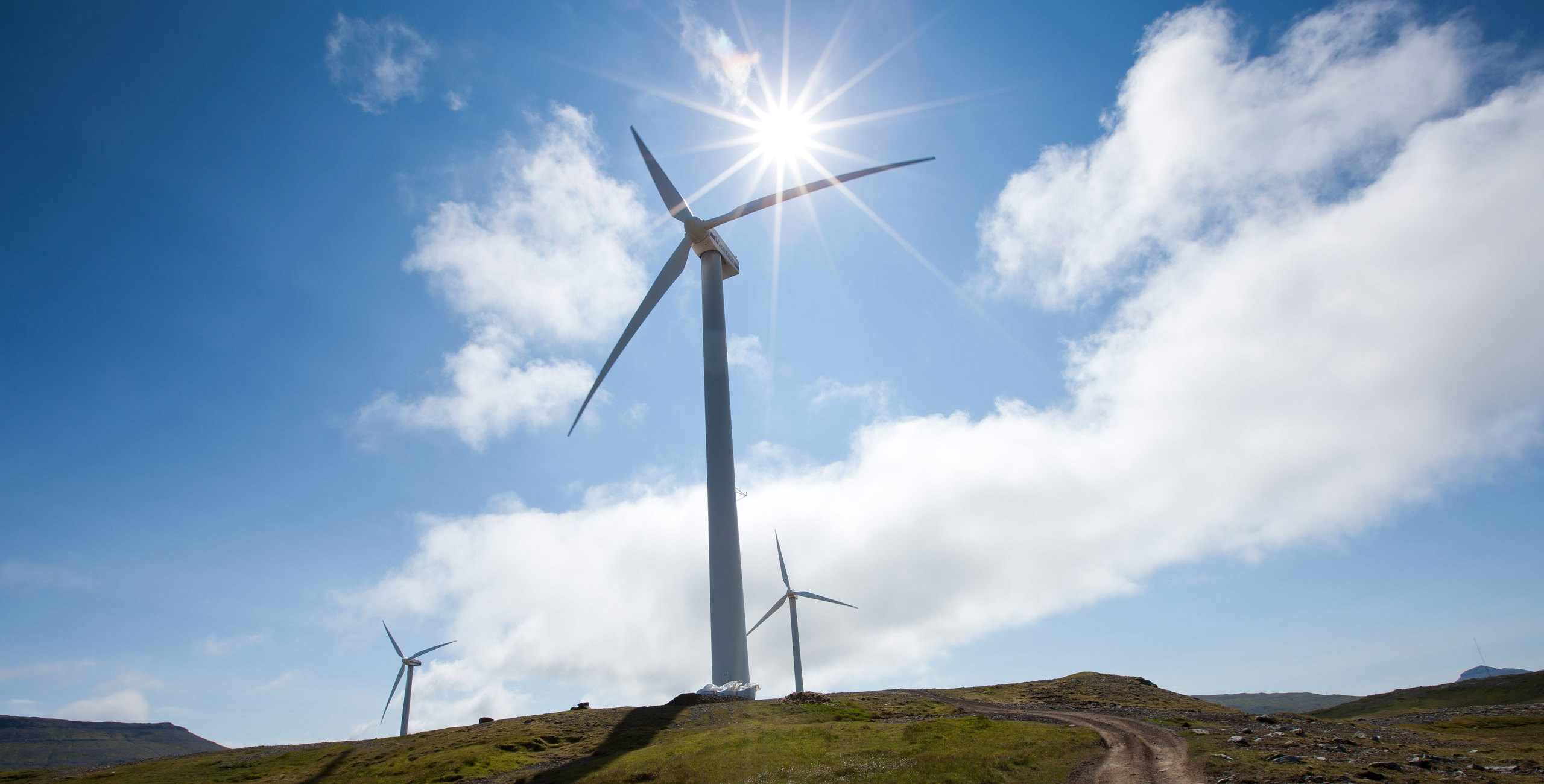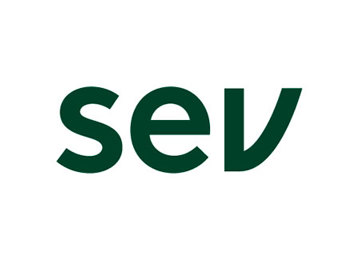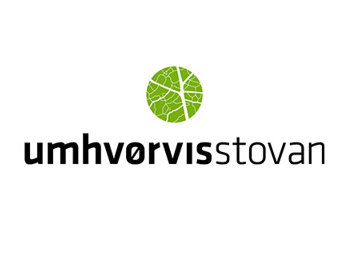
There is no shortage of renewable power in the Faroe Islands, due to the ocean currents and tides of the Northeast Atlantic and an abundance of strong wind.
With an existing network of hydropower from mountain streams and lakes, converting other sources of natural power into affordable green energy is a top priority.
The proportion of green energy on the national grid is growing, with more wind turbines installed in recent years, and promising prospects for tidal power currently being tested.
100% Green Electricity by 2030
Global warming may disrupt ocean circulation and marine ecosystems with potentially major impacts on a nation dependent on marine resources.
In accordance with the 2015 Paris Agreement, the Faroe Islands are committed to setting ambitious targets for the reduction of greenhouse gases.
The particular challenge of reducing emissions from vessels in the fisheries and shipping sectors requires international collaboration and investment in innovative technology.
The public energy company, SEV, was awarded the prestigious Nordic Environment Prize in 2015 for their ambitious goal to achieve 100% green electricity production in the Faroe Islands by 2030, as well as the creative nature of their efforts to reduce dependency on fossil fuels.
The 2030 target is shared and supported by the Faroese Government, which is in the process of developing policies and initiatives for implementing these goals.

